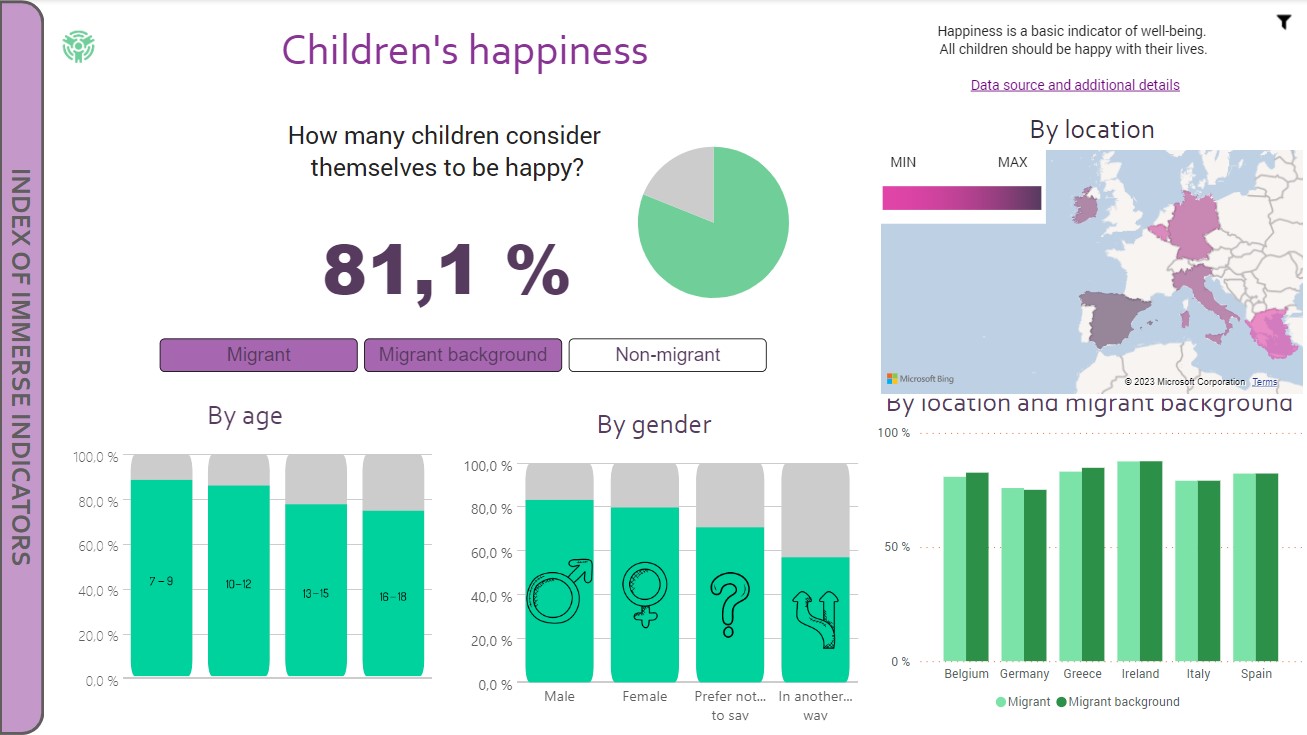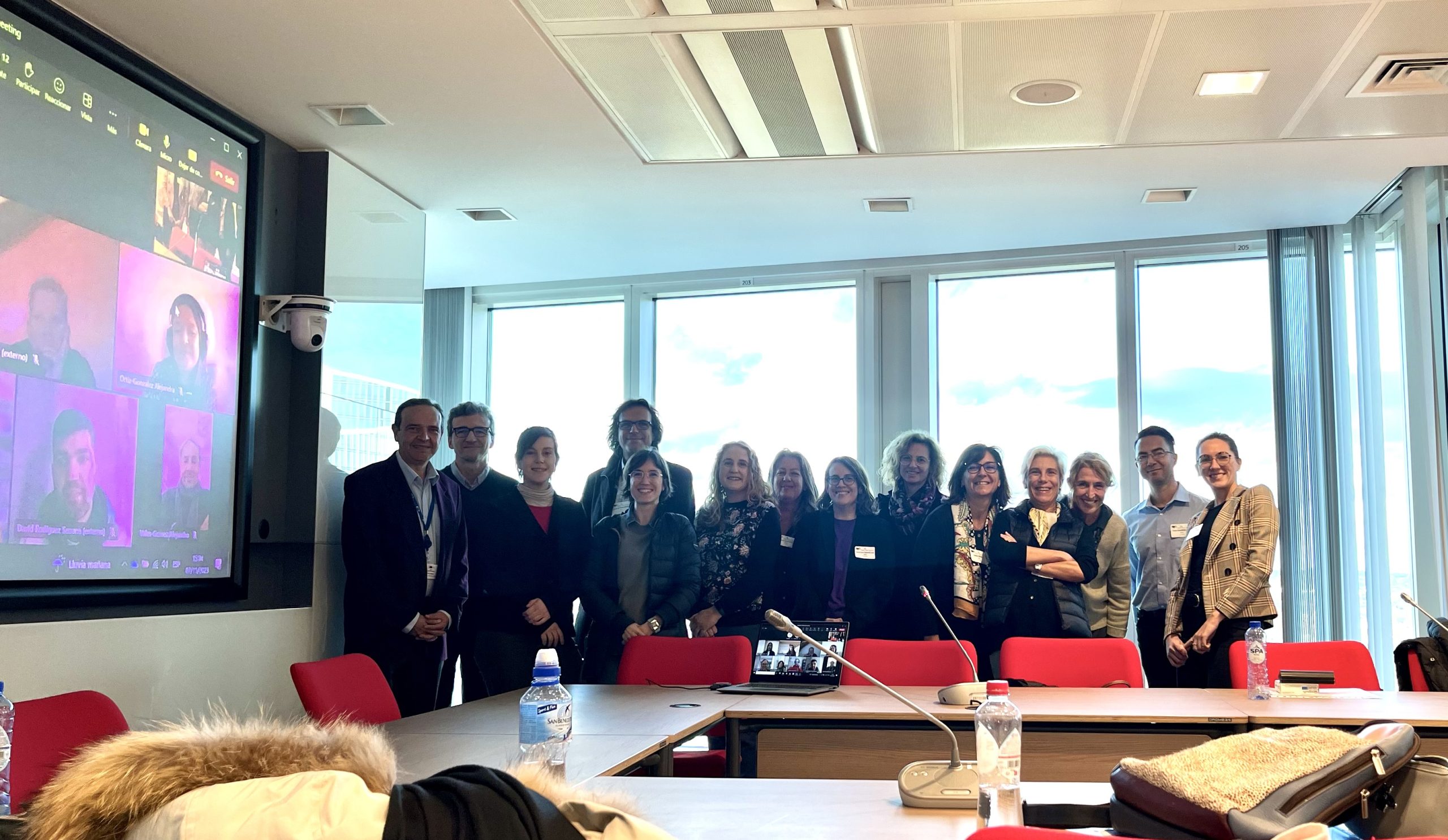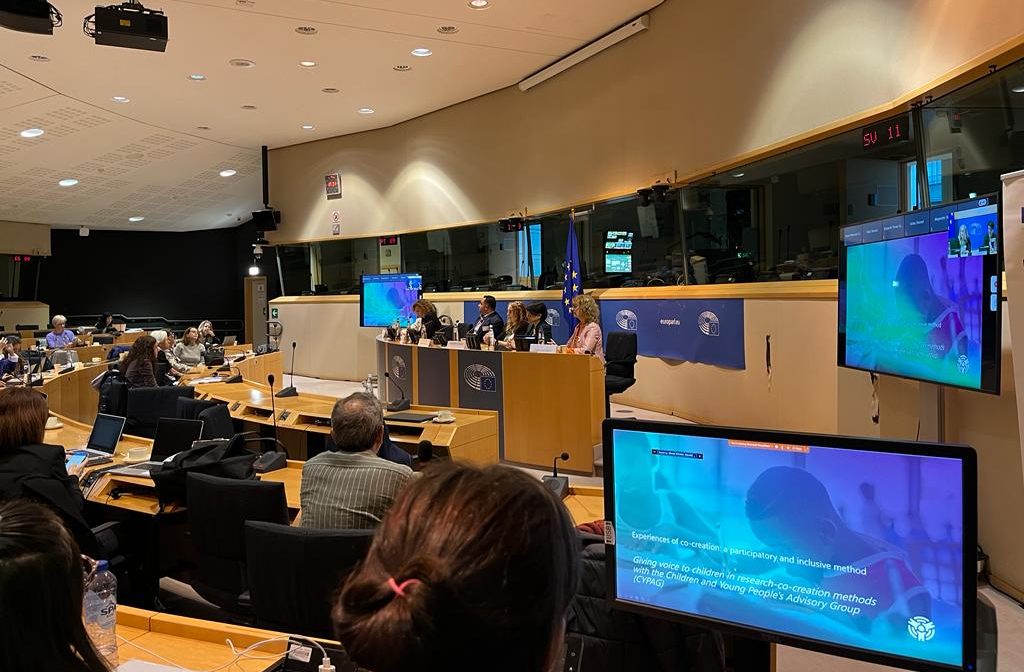Description
The Backpack School programme brings together the elements of multilingualism in an institutional setting based on the intercultural, diversity-conscious approach, and builds on the pillars: competence orientation, parallelisation, and cooperation within and outside the institution of school for the sustainable promotion of (real-life) multilingualism in educational success. Consequently, the programme combines classroom and school development with continuous language education and diversity-conscious, intercultural education involving families/parents within the framework of educational partnerships. The main objectives are: - Consistent language education, promotion of multilingualism and strengthening of educational language competences; - Involvement of parents/families as educational partners and promotion of educational partnerships; - Migration-sensitive and diversity-conscious classroom and school development. Primary school children are supported in their language development in the languages they speak. In the parallel integrated parent education, the programme increases parents’ awareness of their children's learning development and strengthens them in their role as parents and their parenting skills. The parents are addressed as experts for the education of their children as well as for the learning of the family/home languages. The project is implemented since 2013 in North Rhine-Westphalia, and is funded by the local Ministry for Children, Family, Refugees, and Integration and the Ministry for School and Education.
- Children complete compulsory education
- Children maintain their cultural identity while adopting new cultural values and intercultural competences
- Children's academic skills
- Children's competence in host language
- Children's life satisfaction / happiness
- Children's sense of belonging
- Friends and peers (bridges)
- Friends and peers (support)
- Institutions
- Teachers
Evaluation ex post
For four years, the School Backpack programme has been evaluated by the University of Hamburg (supported by the Freudenberg Foundation) as part of the first longitudinal study of a language education and parent education programme in Germany, to examine its effectiveness and for quality assurance purposes.
The guiding question was: Do children who participate in the school backpack programme have higher linguistic skills in German and in their family language by the end of primary school than those who do not participate in the programme?
The study proves the effectiveness of the concept and shows a wide margin of gain also beyond the children's linguistic competencies.
- Increase in the frequency of extracurricular reading activities.
- Narrative ability in mother-tongue Turkish shows an advantage.
- Stronger gains in the development of narrative writing skills, also and especially in the formative language elements in German.
- Most schools show a focus on parent education with clear parallelisation efforts by Turkish teachers.
Projects’ deliverables
Materials:
- Parents' materials and exercise sheets for family language work of parents with children at home. They are available in Arabic, German, English, French, Greek, Polish, Russian, Serbian (Croatian), Spanish and Turkish, Romanian, Bulgarian, Albanian. Further translations are being sought.
- Teaching materials for classroom and heritage language teaching with exercises, tasks, and activities for continuous language education. They are available in the same languages as the parent materials and exercise sheets. Further translations are being sought.
- Accompanying materials for the preparation, organisation, and implementation of the programme with suggestions for practical implementation.
- Materials for parent guides to prepare the work in the parent group and supplementary educational and project topics.
Reproducibility
It has been reproduced and is an established programme by now. Schools can contact the coordination and apply for training and consultation in order to implement the practice within their environment.
Motivation for the submission
Since multilingualism is one the three main KPIs this best practice is highly recommendable for its methodological approach as well as its reproducibility as it combines education, parent partnership, and school development.



